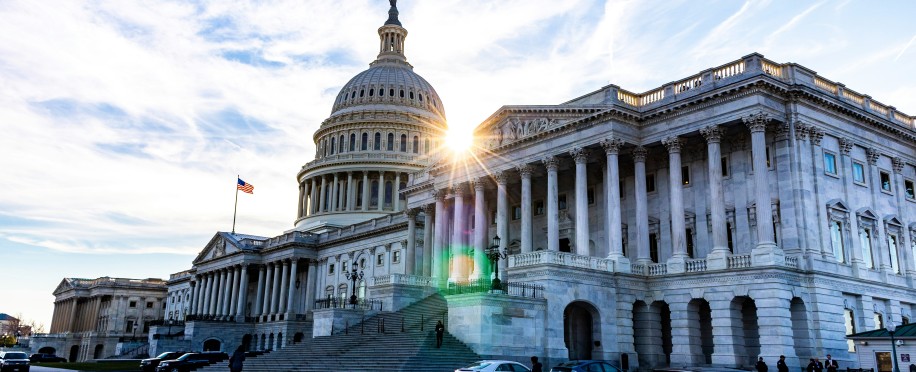Copyright © 2026 lpcentre.com All Rights Reserved. London Premier Centre For Training Ltd Registered in England and Wales, Company Number: 13694538
version: 3.0.1

Posted On: 11/4/2025, 11:09:48 AM
Last Update: 11/4/2025, 11:09:48 AM
In recent votes, the GOP-led Senate has issued a rare bipartisan objection to President Trump's emergency powers regarding tariffs imposed on Canada, Brazil, and other nations.
Remarkably, Democrats and four Republican senators—Susan Collins, Lisa Murkowski, Mitch McConnell, and Rand Paul—supported the recent 51-to-47 vote to lift the global tariffs that Trump imposed in April.
Tariff Announcements & Negotiations' Uncertainty
Sen. Tim Kaine, D-Va., criticised the president's tariff imposition as fostering chaos. He characterised Trump's tariff strategy as one where tariffs are broadly announced but then suggested they might be suspended or delayed in negotiating individual agreements.
Last week, four Republican senators, alongside Democrats, approved resolutions to end tariffs on Brazil and Canada, imposed under emergency powers. Sen. Thom Tillis, R-N.C., opposed the Brazil tariffs, stating they lacked a rational basis.
Moreover, the majority of Senate Republicans opposed the measures, considering them counterproductive to President Trump's tariff programme. Senate Finance Committee Chairman Mike Crapo noted that Trump's recent plans to reduce tariffs on China served as a positive reminder.
In addition, Trump announced new trade deals following a meeting with Chinese leader Xi Jinping in South Korea. Senator Crapo noted on the Senate floor that these negotiations are yielding positive results and expressed hope for additional deals in the future.
Last week's resolution votes, requiring only a simple majority to pass, may face challenges as Speaker Mike Johnson has implemented a special rule to prevent such votes in the House. Even if they manage to pass, President Trump is expected to veto them.

Republican Attitudes & Tariff Policies in Brief
The vote tested Republican support for the president's tariff policies, highlighting party unease about the tariffs' effects on the U.S. economy, particularly in farming and manufacturing. This occurred before the Supreme Court's fall arguments regarding Trump's authority to impose significant tariffs through emergency powers.
Likewise, Senate Republicans previously addressed Trump's authority to set global tariffs, with an April vote failing 49 to 49. Additionally, a proposal to block tariffs on Canada received a simple majority in the Senate during the same month.
Notably, Sen. Ron Wyden criticised the unpredictability of the nation's trade policy, likening it to “a dog chasing a squirrel.” He highlighted issues such as fluctuating tariffs, the destruction of packages due to customs unpreparedness, and secretive tariff exemptions for influential companies.
The Republicans who diverged from party lines did so despite lobbying efforts by Vice President JD Vance, who urged Senate Republicans to support the president's policies, emphasising that the tariffs are essential leverage for Trump in international negotiations.
Senator Tillis expressed doubt regarding the rationale behind the tariffs imposed on Brazil, stating, “I just don't think there's a rational basis for it.”
Further, Trump imposed tariffs on Brazil to pressure its government to halt investigations into former President Jair Bolsonaro, who was recently sentenced to 27 years for attempting a coup after losing the 2022 election.
Overall, Trump's actions in overreaching and circumventing Congress, along with the tariffs, face criticism from tariff resolutions. Virginia Senator Tim Kaine asserts that the president should heed the symbolic resistance.